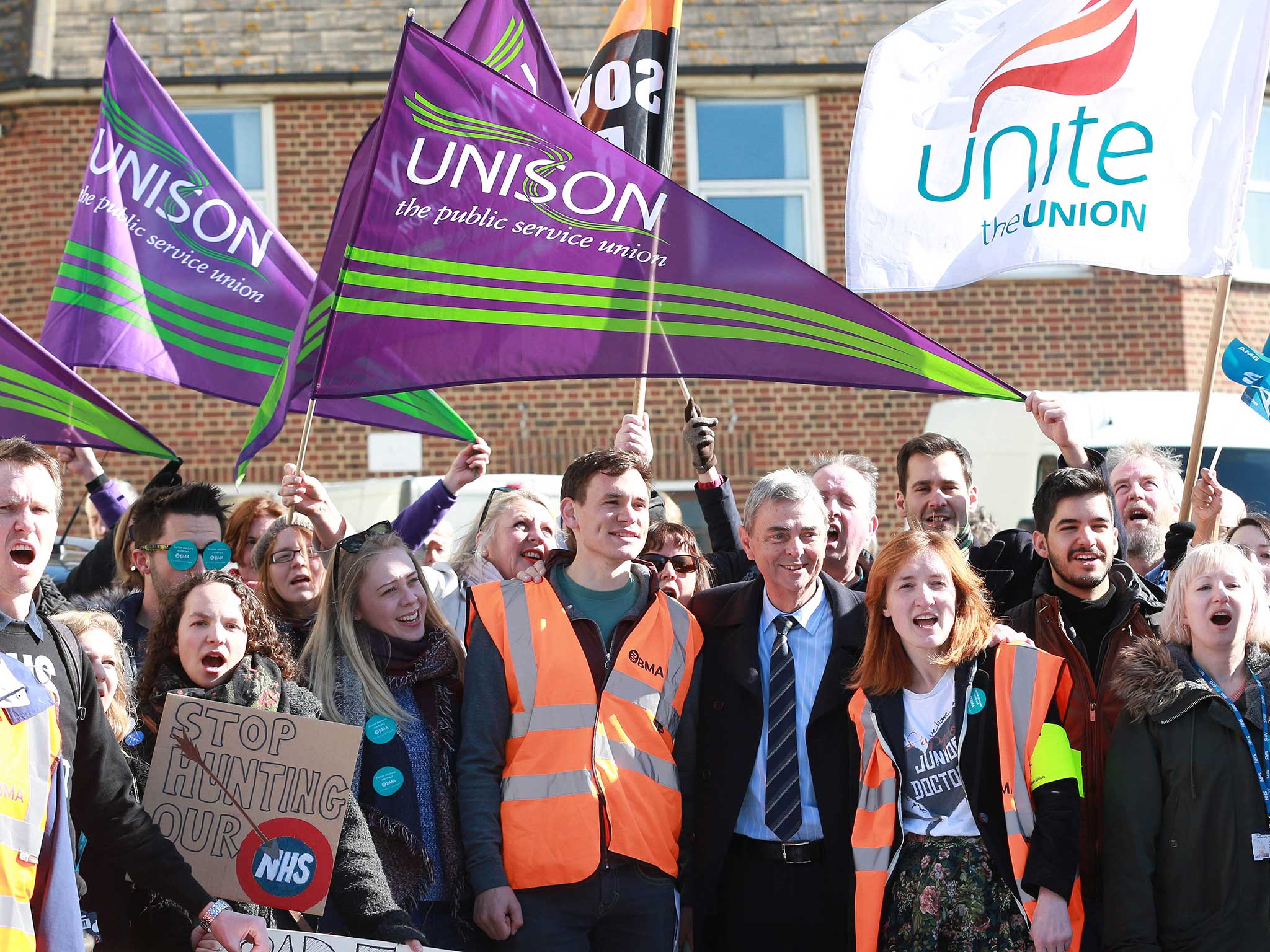How does a strike happen?
Pay disputes are the most common cause of strikes in the UK - but the number of workers walking out has dropped significantly in recent years

What is a strike?
A strike happens when a group of employees collectively refuses to work – usually for a short period such as one or two days at a time.
Strikes are usually organised by a trade union and are form type of industrial action.
They generally arise because of a dispute over pay, hours or working conditions and are an attempt to emphasise employees’ dissatisfaction and try to force employers to bow to workers’ demands.
Disagreements over pay are the most common cause of strikes in the UK.
How does a strike happen?
UK law states that trade unions can only call a strike after they have balloted their members and secured a majority in support of the industrial action.
Unions are legally required to share the results of the ballot with their members and with the employer involved.
If a majority is secured, the union will arrange for its members to walk out on a particular date or set of dates. Other employees, or union members who do not agree with the strike, may choose to continue working.
It is illegal to take part in ‘secondary action’ - going on strike in sympathy with a strike at another organisation.
What issues have led to recent strikes in the UK?
In recent years, strikes have been most common in Britain’s transport industry, including among Tube and train drivers, airline cabin crew and baggage handlers.
They have had a range of causes, ranging from disputes over pay and hours to concerns over safety on trains.
Other groups of workers, including university lecturers, junior doctors and restaurant staff, have also staged walk-outs.
The 2016 junior doctors strike followed a major dispute about condition and overtime. It saw walkouts on several days, marking the first strike by NHS doctors in 40 years.
While emergency care continued on many of the days, thousands of routine operations were cancelled. On 26 April 2016, junior doctors also refused to take part in providing emergency care.
In general, though, strikes in the UK are much less common than they once were. Last year saw the fewest numbers of people taking part in strikes since records began in 1883. Just 33,000 refused to work – down from 154,000 the previous year. The previous record low came in 2015, when 81,000 workers went on strike.
What was the miners’ strike?
The most famous strike in UK history took place between 1984 and 1985, when almost 150,000 coal miners refused to work in protest at planned pit closures.
The major dispute saw the National Union of Mineworkers (NUM), led by Arthur Scargill, clash with the National Coal Board and the government of Margaret Thatcher.
There were a number of violent incidents, including confrontations with the police and attacks on miners who chose to continue working.
The strikes ended when many hungry miners returned to work in desperate need of pay. The Conservative government pressed ahead with pit closures.
Subscribe to Independent Premium to bookmark this article
Want to bookmark your favourite articles and stories to read or reference later? Start your Independent Premium subscription today.

Join our commenting forum
Join thought-provoking conversations, follow other Independent readers and see their replies